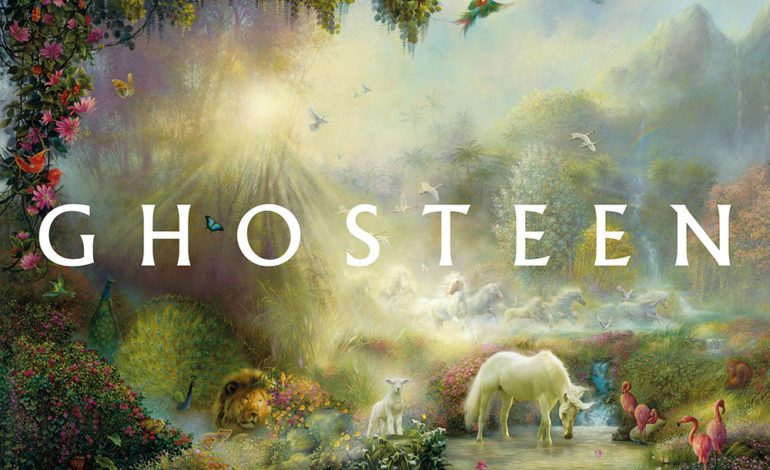

Wishing for the end of Hollywood
Glaring against the end of a celebrated career, Nick Cave’s Ghosteen pursues the grandiose but achieves the morose. Cave uses this album as a therapy session in order to help reconcile the premature passing of his 15-year-old son—the teen who became a ghost. The songs are littered with intentionally obscure lyrics designed to present an air of mysticism. Cave has gravitated towards more electronic mediums for his mournful expression.
The songwriter demonstrates a distinct style similar to the deep baritone of Jim Morrison and the delicate daring of David Bowie. However, Cave’s performance lacks the rhythmic cadence, melodic measures and often penetrating poetry necessary to present the profound. His lyrics remind one of the fine line between serious visionary and a man who takes his own vision much too seriously.
Ghosteen’s melancholic mood is set with “Spinning Song.” Eerie synthesizers paint the shifting soundscape with layers of bright, but gloomy light. Abstract ambiance helps manicure the mystic minimalist approach to Cave’s song as borderline biblical metaphors and literary imagery decorate the sonic canvas. The kings and queens, trees and birds, stairways and castle gardens of Cave’s lyricism offer an ethereal expose of his experience leading to and following the passing of his son.
“Galleon Ship” is perhaps the highlight of the album, though this is in part due to its relatively sparse use of lyricism. The song has trademark characteristics of the album, i.e. luscious high-frequency synths and grand piano fills the air. Cave keeps his message in this particular song fairly concise and heartfelt. He ponders the mysteries of life that remain unsolved. A soft electric bass brings the listener on his curious voyage along the slowly sifting soundwaves. A chorus of voices accompanies him as the nearby ships sail on to circle the morning sun.
The album ends with “Hollywood.” Cave attempts to compose a cinematic concerto composed of a choir, piano, fairly light percussion, along with the simmering synthesizers and abstract sounds that define Ghosteen. Though the instruments are arranged pleasantly enough, Cave’s vocal work and lyricism leave much to be desired. His voice can be heard breaking, missing notes and lacking powerful conviction. Lyrically, the work is unintentionally comical, creating a frequently cringeworthy juxtaposition between them and the seriously somber sound from the instruments. The end of “Hollywood” is certainly a desirable one.
Nick Cave and the Bad Seeds’ attempt to invoke the spiritual falls into the flat tone of a lackluster church service far too often. This journey into the world of electronic-based music feels forced as the artist is clearly a stranger in someone else’s musical home. Current fans of Cave and his band may find this album to be an interesting and worthwhile turn to take for the artist, while newcomers are sure to avoid the languid walk down this ghostly highway altogether.
